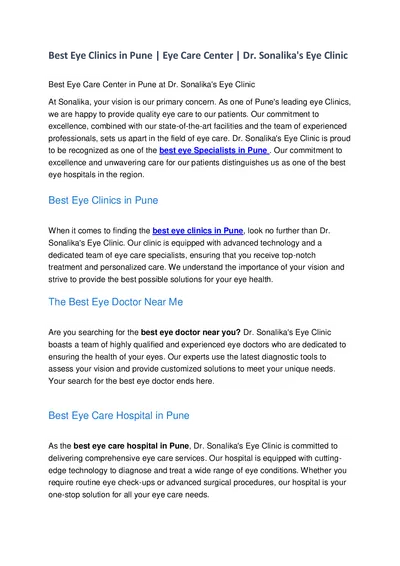PDF-(BOOS)-Health Care Communication Using Personality Type: Patients are Different!
Author : LindaBlake | Published Date : 2022-09-05
This groundbreaking text draws upon examples from everyday health care situations to demonstrate that the behaviour differences we all experience in others actually
Presentation Embed Code
Download Presentation
Download Presentation The PPT/PDF document "(BOOS)-Health Care Communication Using P..." is the property of its rightful owner. Permission is granted to download and print the materials on this website for personal, non-commercial use only, and to display it on your personal computer provided you do not modify the materials and that you retain all copyright notices contained in the materials. By downloading content from our website, you accept the terms of this agreement.
(BOOS)-Health Care Communication Using Personality Type: Patients are Different!: Transcript
Download Rules Of Document
"(BOOS)-Health Care Communication Using Personality Type: Patients are Different!"The content belongs to its owner. You may download and print it for personal use, without modification, and keep all copyright notices. By downloading, you agree to these terms.
Related Documents














